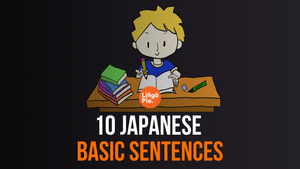Tired of drowning in a sea of kanji and keigo? You're not alone. When I first dipped my toes into the Japanese language, I quickly realized that clinging to textbooks was a one-way ticket to Boredom City.
But then, one crazy idea crossed my mind – why not explore topics that actually spark joy? And for me (and YOU since you're in this post), that would be talking about the Jūnishi (十二支) or zodiac signs in Japanese.
Whether you're a horoscope junkie or just looking to add some cosmic pizzazz to your Japanese repertoire, this post will let you in everything you need to know about astrology in Japanese.
If you're learning Japanese and you're interested in horoscopes or just want to know more about Japanese cultural traditions, then read below! Maybe you can make new friends by asking about their zodiac signs. Who knows?

How was the Japanese zodiac created?
The Japanese Zodiac originated in Ancient China, an agricultural country at that time. Chinese farmers needed a system to better plan and work with the change of seasons and weather during a year, so a time measuring system with twelve periods was created.
But why twelve? The created system was based on Jupiter, an important planet for ancient Chinese people. This planet made a twelve-year rotation around Earth, so that's why twelve periods were created.
And what about the animals in the zodiac? Well, each period was given a name of an animal, so it was easier for people to remember.
Like many Chinese customs and traditions, including writing, the Chinese zodiac was adopted by the Japanese. How it came to Japan remains a mystery to this day, but it might have been introduced during the Nara Period (710-784 A.D.). \
How to Ask "What's Your Zodiac Sign?" in Japanese
Wondering how to inquire about someone's zodiac sign in Japanese? The most common and polite way to ask this question is "あなたの干支は何ですか?" (Anata no eto wa nan desu ka?). This phrase is widely understood and used throughout Japan and is the direct translation of "What is your zodiac sign?"
Now if you want to sound a bit hip and like a native, a more casual version is "干支は?" (Eto wa?), meaning simply "Zodiac sign?"
Both will help you uncover the astrological information you're seeking! If you want to take your Japanese to the next level, try these variations:
| Japanese Question | English Translation | Pronunciation |
|---|---|---|
| 何年生まれですか? | What year were you born? | Nan nen umare desu ka? |
| どの干支に属していますか? | Which zodiac sign do you belong to? | Dono eto ni zokushite imasu ka? |
| 十二支では何になりますか? | What are you in the 12 zodiac signs? | Jūnishi de wa nani ni narimasu ka? |
Another alternative can be Person's name + の干支は何ですか? ___no eto wa nan desu ka?. For example, ジョンさんの干支は何ですか? Jon-san no eto wa nan desu ka?
It's worth noting that in Japan, asking about one's zodiac sign isn't as common as in some Western countries. However, the zodiac plays a significant role in Japanese culture, especially around New Year's. People often discuss zodiac signs in the context of the coming year's fortune or compatibility.
So, while you might not use these phrases as ice-breakers, they're great for deeper cultural discussions or when the topic of New Year celebrations comes up.

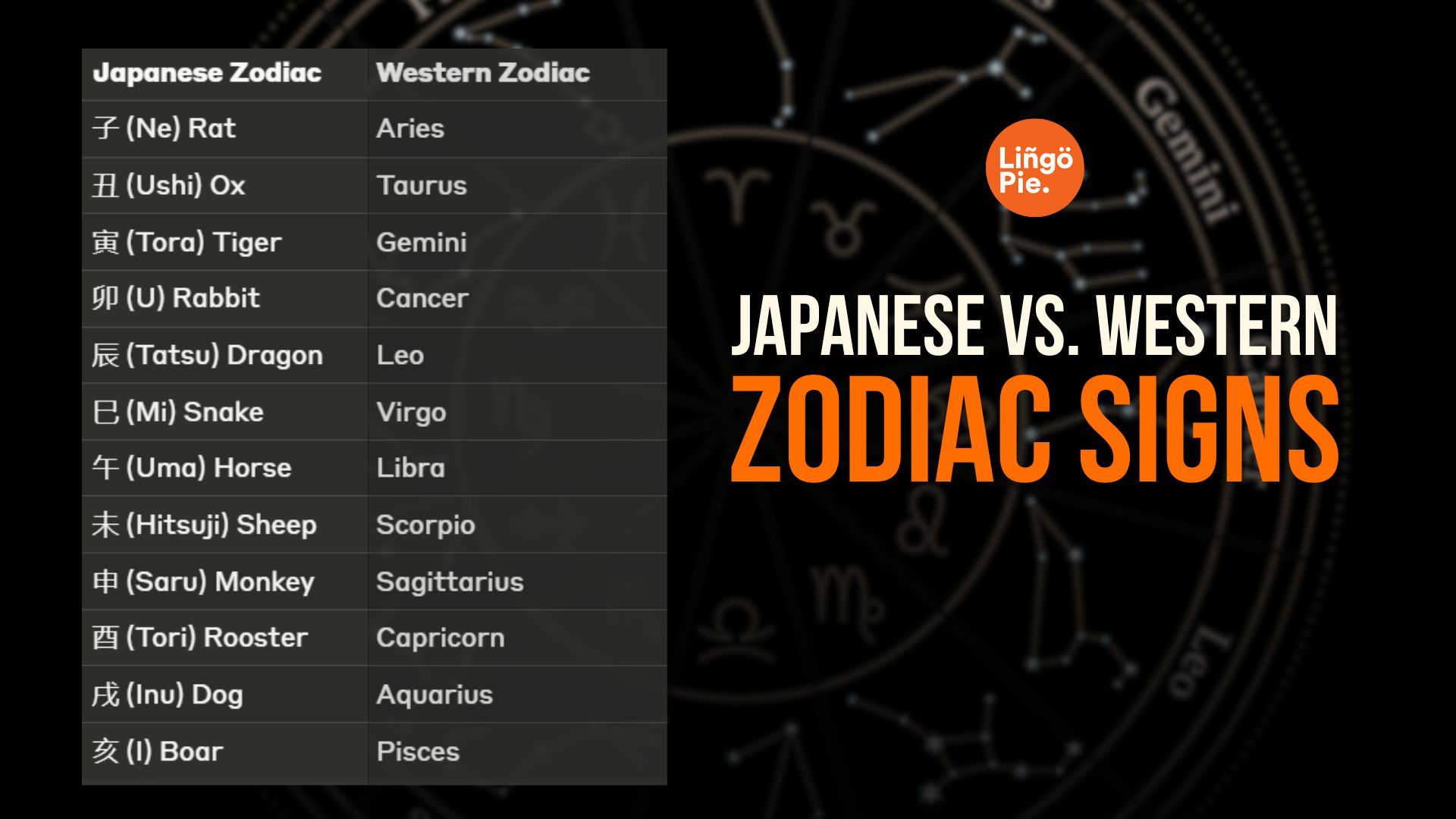
12 Zodiac Signs in Japanese
Unlike the Western zodiac, the Japanese system is based on a 12-year cycle, with each year represented by an animal. Knowing these signs can offer interesting insights into Japanese culture and provide a unique way to connect with native speakers.
| English | Japanese | Kanji | Year |
|---|---|---|---|
| Rat | Nezumi | 子 (ね) | 2020, 2008, 1996... |
| Ox | Ushi | 丑 (うし) | 2021, 2009, 1997... |
| Tiger | Tora | 寅 (とら) | 2022, 2010, 1998... |
| Rabbit | Usagi | 卯 (う) | 2023, 2011, 1999... |
| Dragon | Tatsu | 辰 (たつ) | 2024, 2012, 2000... |
| Snake | Hebi | 巳 (み) | 2025, 2013, 2001... |
| Horse | Uma | 午 (うま) | 2026, 2014, 2002... |
| Sheep | Hitsuji | 未 (ひつじ) | 2027, 2015, 2003... |
| Monkey | Saru | 申 (さる) | 2028, 2016, 2004... |
| Rooster | Tori | 酉 (とり) | 2029, 2017, 2005... |
| Dog | Inu | 戌 (いぬ) | 2030, 2018, 2006... |
| Boar | Inoshishi | 亥 (い) | 2031, 2019, 2007... |
Now, let's explore each zodiac sign individually, focusing into their significance in Japanese culture and the characteristics associated with people born in these years.

Nezumi (Rat - ねずみ)
Pronunciation: neh-zoo-mee
Nezumi is known for being one of the most kashikoi (賢い - clever) and kiyōna (器用な - skillful) signs of the Japanese zodiac. People born in the Year of the Rat are often described as shakō-tekina (社交的な - sociable) and tekiō-ryoku ga takai (適応力が高い - highly adaptable), with a knack for finding opportunities in any situation.
In Japanese astrology, Rats are associated with seikou (成功 - success) and kigyōka seishin (起業家精神 - entrepreneurial spirit). They have a reputation for being kinben (勤勉 - diligent) in their pursuits, but also capable of being keisan-daka (計算高い - calculative) when necessary.
Sample sentences:
- ネズミ年生まれの人は機転が利くことで有名です。(Nezumi doshi umare no hito wa kiten ga kiku koto de yūmei desu.) - People born in the Year of the Rat are famous for their quick wit.
- 私の兄はネズミ年で、とても社交的で適応力があります。(Watashi no ani wa nezumi doshi de, totemo shakō-teki de tekiō-ryoku ga arimasu.) - My older brother is a Rat and is very sociable and adaptable.

Ushi (Ox - 牛)
Pronunciation: oo-shee
Ushi is known for being one of the most nintai-zuyoi (忍耐強い - patient) and shinrai-dekiru (信頼できる - reliable) signs of the Japanese zodiac. People born in the Year of the Ox are often described as kinben'na (勤勉な - diligent) and gaman-zuyoi (我慢強い - persevering), with a strong sense of responsibility.
According to the locals, Oxen are associated with antei (安定 - stability) and kenkyō (謙虚 - humility). They simply have a reputation for being sekinin-kan ga tsuyoi (責任感が強い - having a strong sense of duty), but can also be ganko (頑固 - stubborn) in their beliefs.
Sample sentences:
- 丑年生まれの人は努力家として知られています。(Ushi doshi umare no hito wa doryokuka toshite shirarete imasu.) - People born in the Year of the Ox are known as hard workers.
- 彼女は丑年で、とても忍耐強く信頼できる人です。(Kanojo wa ushi doshi de, totemo nintai-zuyoku shinrai dekiru hito desu.) - She's an Ox and is a very patient and reliable person.

Tora (Tiger - 虎)
Pronunciation: toh-rah
Basdically, someone who is Tora is known for being one of the most yūkan'na (勇敢な - brave) and jōnetsu-tekina (情熱的な - passionate) signs of the Japanese zodiac. People born in the Year of the Tiger are often described as kakkō-ii (格好いい - cool) and karisuma-tekina (カリスマ的な - charismatic), with a natural ability to lead others.
As you see in most Japanese anime, Tigers are believed to be with yūki (勇気 - courage) and dokuritsu (独立 - independence). They have a reputation for being sekkyoku-tekina (積極的な - proactive) in pursuing their goals, but can also be kigaru (気軽 - impulsive) in their actions.
Sample sentences:
- 寅年生まれの人は自信に満ちていることが多いです。(Tora doshi umare no hito wa jishin ni michite iru koto ga ōi desu.) - People born in the Year of the Tiger are often full of confidence.
- 私の友達は寅年で、とても勇敢で情熱的な性格です。(Watashi no tomodachi wa tora doshi de, totemo yūkan de jōnetsu-tekina seikaku desu.) - My friend is a Tiger and has a very brave and passionate personality.

Usagi (Rabbit - 兎)
Pronunciation: oo-sah-gee
Usagi is known for being one of the most yasashii (優しい - gentle) and kikubari no dekiru (気配りのできる - considerate) signs of the Japanese zodiac. If you are born at this time, the idea is that they are onkō (温厚 - mild-mannered) and reigi-tadashii (礼儀正しい - polite), with a natural charm that attracts others.
In the Japanese culture, Rabbits are associated with un'no yoi (運の良い - lucky) and heiwa (平和 - peace). They have a reputation for being binkan (敏感 - sensitive) to others' needs, but can also be yūutsu (優柔 - indecisive) when faced with difficult choices.
Sample sentences:
- 卯年生まれの人は人気者になりやすいです。(U doshi umare no hito wa ninkimono ni nari yasui desu.) - People born in the Year of the Rabbit tend to become popular.
- 彼は卯年で、とても優しく気配りのできる性格です。(Kare wa u doshi de, totemo yasashiku kikubari no dekiru seikaku desu.) - He's a Rabbit and has a very gentle and considerate personality.
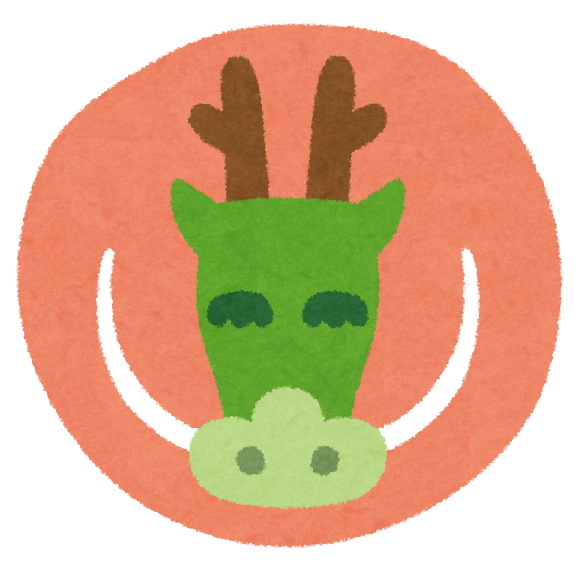
Tatsu (Dragon - 龍)
Pronunciation: tah-tsoo
I don't know about you but whenever we're talking about Asian culture, one animal will always come to mind: The Dragon or Tatsu!
Tatsu is known for being one of the most karisuma-tekina (カリスマ的な - charismatic) and yūnō (有能 - capable) signs of the Japanese zodiac. It is believed that those born in the Year of the Dragon are jishin-ka (自信家 - confident) and sōzō-tekina (創造的な - creative), with a natural flair for leadership.
In Asian countries like Japan and China, Dragons are viewed to bring seikō (成功 - success) and un (運 - luck). They have a reputation for being enerugisshu (エネルギッシュ - energetic) in their pursuits, but can also be gōman (傲慢 - arrogant) if not careful.
Sample sentences:
- 辰年生まれの人は大きな目標を持つことが多いです。(Tatsu doshi umare no hito wa ōkina mokuhyō wo motsu koto ga ōi desu.) - People born in the Year of the Dragon often have big goals.
- 私の上司は辰年で、とてもカリスマ的で有能な人です。(Watashi no jōshi wa tatsu doshi de, totemo karisuma-teki de yūnōna hito desu.) - My boss is a Dragon and is a very charismatic and capable person.

Hebi (Snake - 蛇)
Pronunciation: heh-bee
If you've ever read Japanese quotes then you'll know that the Hebi is one of the most chinchaku (沈着 - calm) and kashikoi (賢い - wise) signs of the Japanese zodiac. Usually, people born at this time are senryaku-ka (戦略家 - strategic) and chōkan-ryoku no aru (洞察力のある - insightful), with a natural ability to see through complex situations.
In terms of relationships, Snakes can be shitto-bukai (嫉妬深い - jealous) in relationships.
Sample sentences:
- 巳年生まれの人は直感が鋭いことで知られています。(Mi doshi umare no hito wa chokkan ga surudoi koto de shirarete imasu.) - People born in the Year of the Snake are known for their sharp intuition.
- 彼女は巳年で、とても沈着で賢い性格です。(Kanojo wa mi doshi de, totemo chinchaku de kashikoi seikaku desu.) - She's a Snake and has a very calm and wise personality.

Uma (Horse - 馬)
Pronunciation: oo-mah
Feeling like you're akarui (明るい - cheerful) and supōtsu-manshippu no aru (スポーツマンシップのある - sportsmanlike)? Perhaps, you're an Uma!
Uma is known for being one of the most kappatsuna (活発な - lively) and jiyū-na (自由な - free-spirited) signs of the Japanese zodiac. They have a reputation for being shakai-teki (社会的 - sociable) in their interactions, but can also be kikori-yasui (気がころりやすい - fickle) in their decisions.
Sample sentences:
- 午年生まれの人はエネルギッシュで人々を魅了します。(Uma doshi umare no hito wa enerugisshu de hitobito wo miryō shimasu.) - People born in the Year of the Horse are energetic and captivate others.
- 私の妹は午年で、とても活発で自由な精神の持ち主です。(Watashi no imōto wa uma doshi de, totemo kappatsuna de jiyū-na seishin no mochinushi desu.) - My younger sister is a Horse and has a very lively and free-spirited nature.
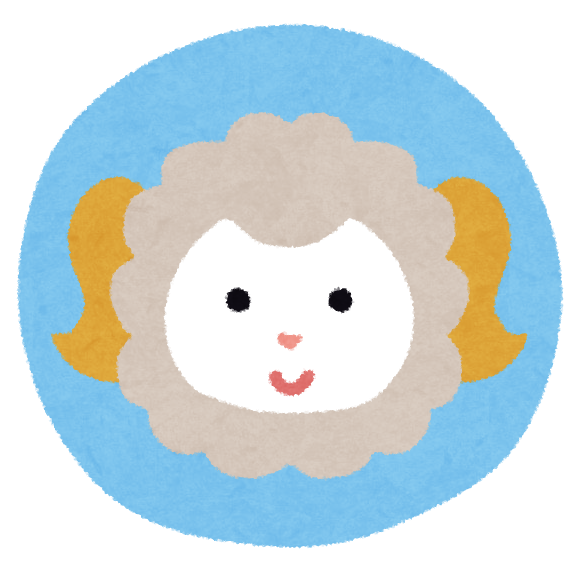
Hitsuji (Sheep/Goat - 羊)
Pronunciation: hee-tsoo-jee
Baa-ck off, world! The gentle Hitsuji is here to spread some woolly warmth. These fluffy friends of the zodiac are the arts and crafts masters, turning everything they touch into a cozy, creative masterpiece.
With a yasashii (優しい - gentle) nature that could soothe even the grumpiest of dragons, Sheep people float through life on a cloud of sōzō-ryoku (創造力 - creativity). They're the friends who'll knit you a sweater while listening to your problems, and probably write a poem about it later.
- 私の姉は未年です。彼女はとても優しいです。(Watashi no ane wa hitsuji doshi desu. Kanojo wa totemo yasashii desu.) - My older sister is born in the Year of the Sheep. She is very gentle.
- 未年の人は芸術が得意です。絵を描くのが上手です。(Hitsuji doshi no hito wa geijutsu ga tokui desu. E wo kaku no ga jōzu desu.) - People born in the Year of the Sheep are good at art. They are skilled at drawing pictures.
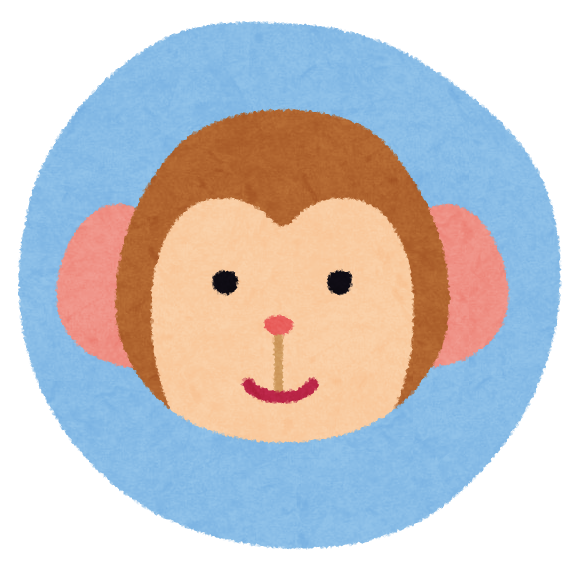
Saru (Monkey - 猿)
Pronunciation: sah-roo
These clever primates are the class clowns of the Japanese zodiac, with a kōkishin (好奇心 - curiosity) that could rival a hundred cats. Monkey people are known to have a tool or solution for every problem and a joke for every situation.
With their quick wit and kikubari (気配り - attentiveness), they're always two steps ahead of everyone else... except when they're distracted by something shiny.
- 私の弟は申年です。彼はとても面白いです。(Watashi no otōto wa saru doshi desu. Kare wa totemo omoshiroi desu.) - My younger brother is born in the Year of the Monkey. He is very funny.
- 申年の人は頭がいいです。問題を解くのが得意です。(Saru doshi no hito wa atama ga ii desu. Mondai wo toku no ga tokui desu.) - People born in the Year of the Monkey are clever. They are good at solving problems.
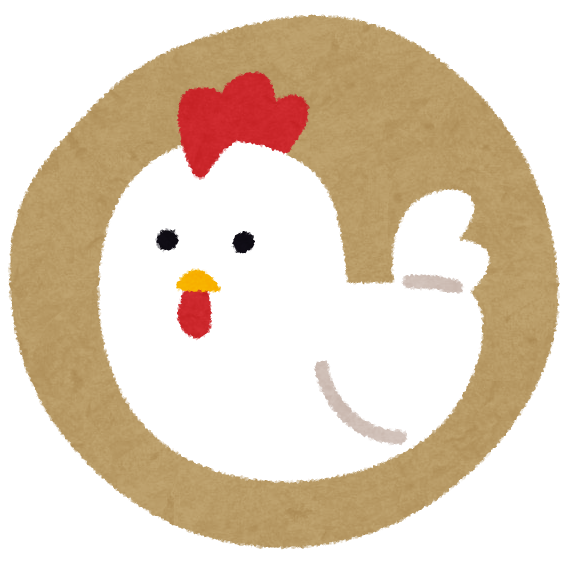
Tori (Rooster - 酉)
Pronunciation: toh-ree
Step aside, early birds! Tori, the flamboyant Rooster of the Japanese zodiac, is here to rule the roost. These folks are like walking, talking alarm clocks - always punctual and ready to wake the world up with their jishin (自信 - confidence).
Born showstoppers, Roosters strut through life with a kizen to shita (毅然とした - dignified) air that turns heads wherever they go. But don't let their flashy feathers fool you - these birds have brains to match their beauty. They're kinben (勤勉 - hardworking) to the core and have an eye for detail that would make a master jeweler jealous.
- 酉年生まれの友達は、いつもピカピカに磨かれた靴で現れます。まるで鏡みたいですよ!(Tori doshi umare no tomodachi wa, itsumo pikapika ni migakareta kutsu de arawaremasu. Maru de kagami mitai desu yo!) - My friend born in the Year of the Rooster always shows up in perfectly polished shoes. They're like mirrors!
- 彼女は典型的な酉年で、締め切り前の深夜でも元気いっぱいに仕事をしています。コーヒーいらずですね。(Kanojo wa tenkei-tekina tori doshi de, shimekiri mae no shin'ya demo genki ippai ni shigoto wo shite imasu. Kōhī irazu desu ne.) - She's a typical Rooster, working energetically even in the late hours before a deadline. No coffee needed, right?
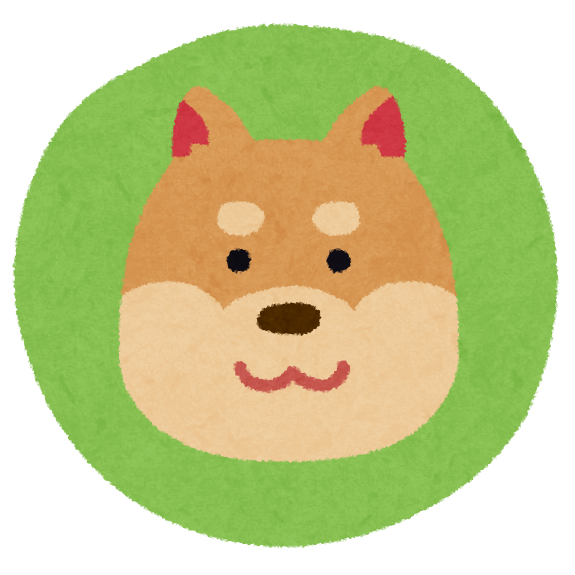
Inu (Dog - 戌)
Pronunciation: ee-noo
Woof! Here comes the loyal pup of the zodiac. Inu people are the ones you want in your corner when the going gets rough. They're more faithful than a dog waiting at the train station for its owner (yes, that's a Hachiko reference!).
With a heart as big as their bark, Inu folks are chūjitsu (忠実 - loyal) to a fault and shōjiki (正直 - honest) even when a little white lie might be easier. They've got a nose for injustice and aren't afraid to growl at unfairness.
Just don't mistake their kindness for weakness - these dogs can bite when provoked!
- 戌年の上司は、まるで忠実なガードドッグのように、いつも部下のために吠えています。(Inu doshi no jōshi wa, maru de chūjitsuna gādo doggu no yō ni, itsumo buka no tame ni hoete imasu.) - My boss, born in the Year of the Dog, is always barking on behalf of their subordinates, just like a loyal guard dog.
- 彼は戌年らしく、友達のためなら真夜中でも駆けつける準備ができています。まさに人間のベストフレンドですね。(Kare wa inu doshi rashiku, tomodachi no tame nara mayonaka demo kaketsukeru junbi ga dekite imasu. Masa ni ningen no besuto furendo desu ne.) - True to his Dog year, he's ready to rush to his friends' aid even in the middle of the night. He's truly man's best friend, isn't he?

Inoshishi (Boar - 亥)
Pronunciation: ee-no-shee-shee
These folks are like the sumo wrestlers of the astrological world: strong, determined, and always ready for a good feast. Born with an appetite for life (and maybe a few extra servings of ramen),
Boar people charge through obstacles with the force of a yama-oroshi (山颪 - mountain wind). They're sōjiki (素直 - honest) to a fault - their words might sometimes sting, but hey, at least you're getting the real deal!
With a heart as big as their... well, appetite, Inoshishi people are the friends who'll stick with you through thick and thin (especially if there's food involved).
- 私の友達は亥年です。彼女はとても正直です。(Watashi no tomodachi wa inoshishi doshi desu. Kanojo wa totemo shōjiki desu.) - My friend is born in the Year of the Boar. She is very honest.
- 亥年の人は決心が固いです。簡単には諦めません。(Inoshishi doshi no hito wa kesshin ga katai desu. Kantan ni wa akiramemasen.) - People born in the Year of the Boar are strong-willed. They don't give up easily.
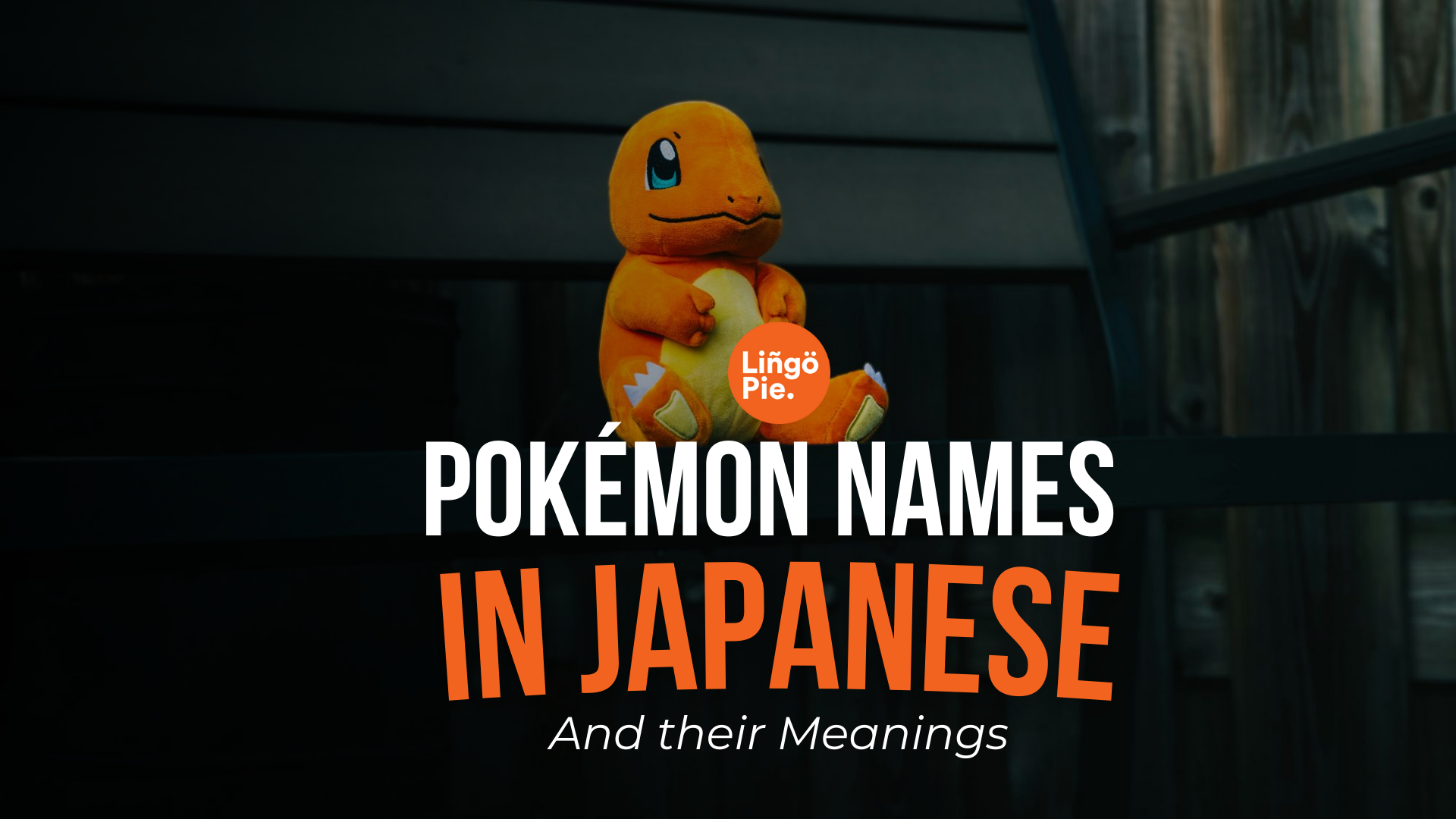

The Twelve Signs of The Traditional Zodiac
The traditional zodiac is not used as much as the Japanese zodiac. However, each sign has a translation to Japanese and their meanings are pretty interesting.
Like in the Japanese zodiac, each sign can be called in two ways. Strictly speaking, the name with 宮 kyū ("zodiacal sign") is used for the horoscope and the other with 座 za is used for the constellation (座 comes from 星座 seiza, "constellation"). But to tell you the truth, both are used interchangeably or at the same time. The ones with 座 are more common.
Aries (白羊宮 hakuyōkyū; 牡羊座, ohitsujiza)
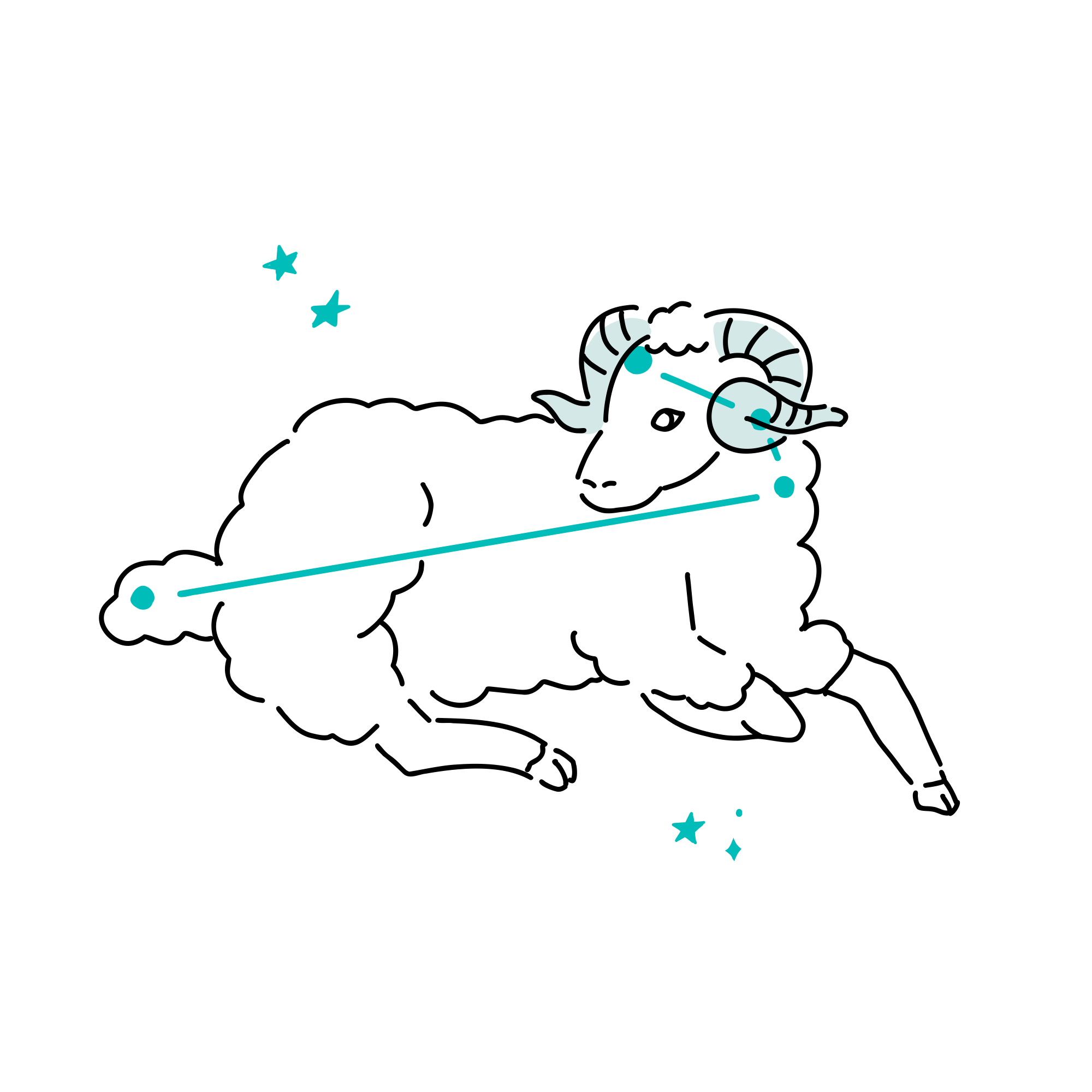
白羊 hakuyō: "white ram".
牡羊 ohitsuji: "ram".
Taurus (金牛宮 kingyūkyū; 牡牛座 oujiza)
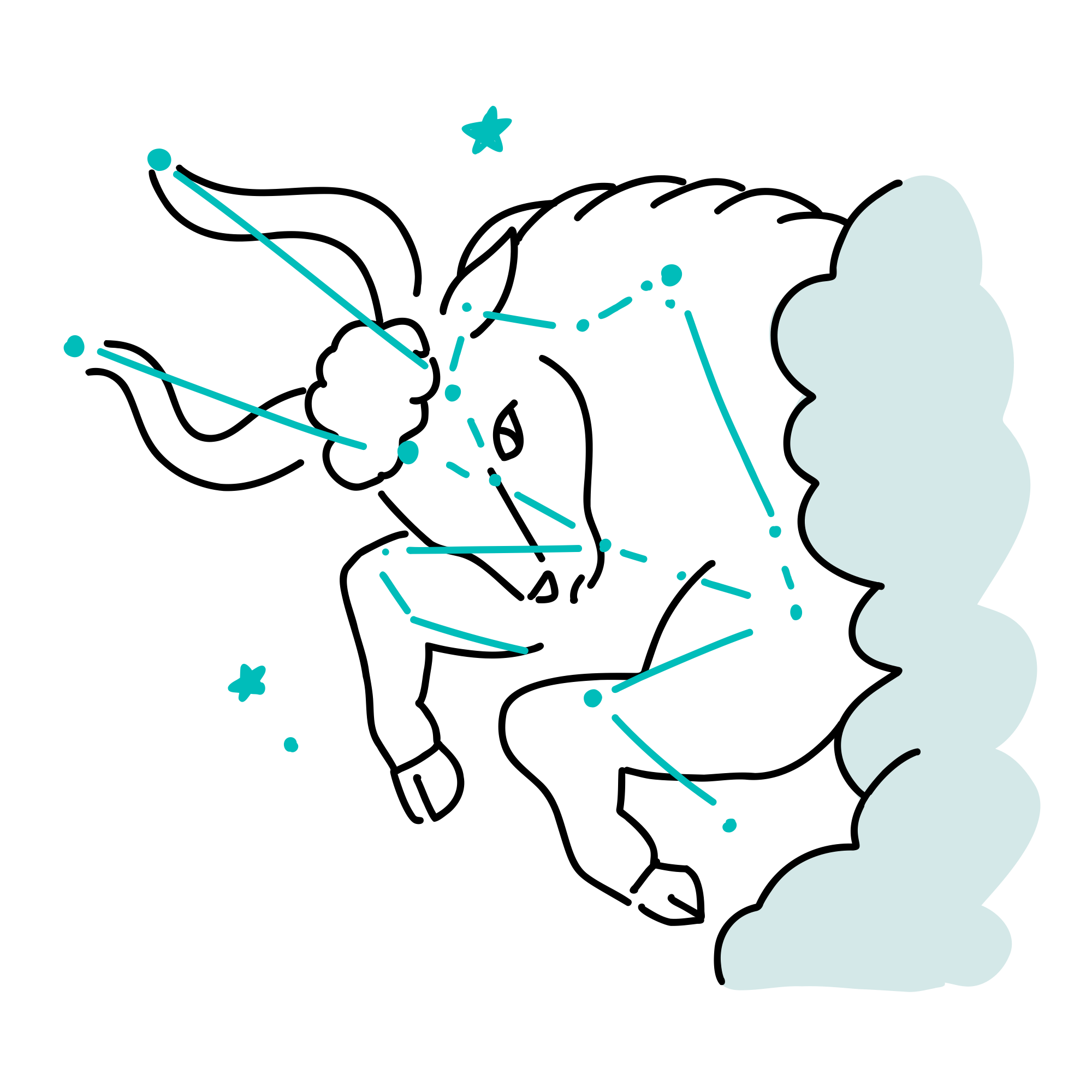
金牛 kingyū: "golden ox".
牡牛 oushi: "ox, bull".
Gemini (双児宮, sōjikyū; 双子座 futagoza)
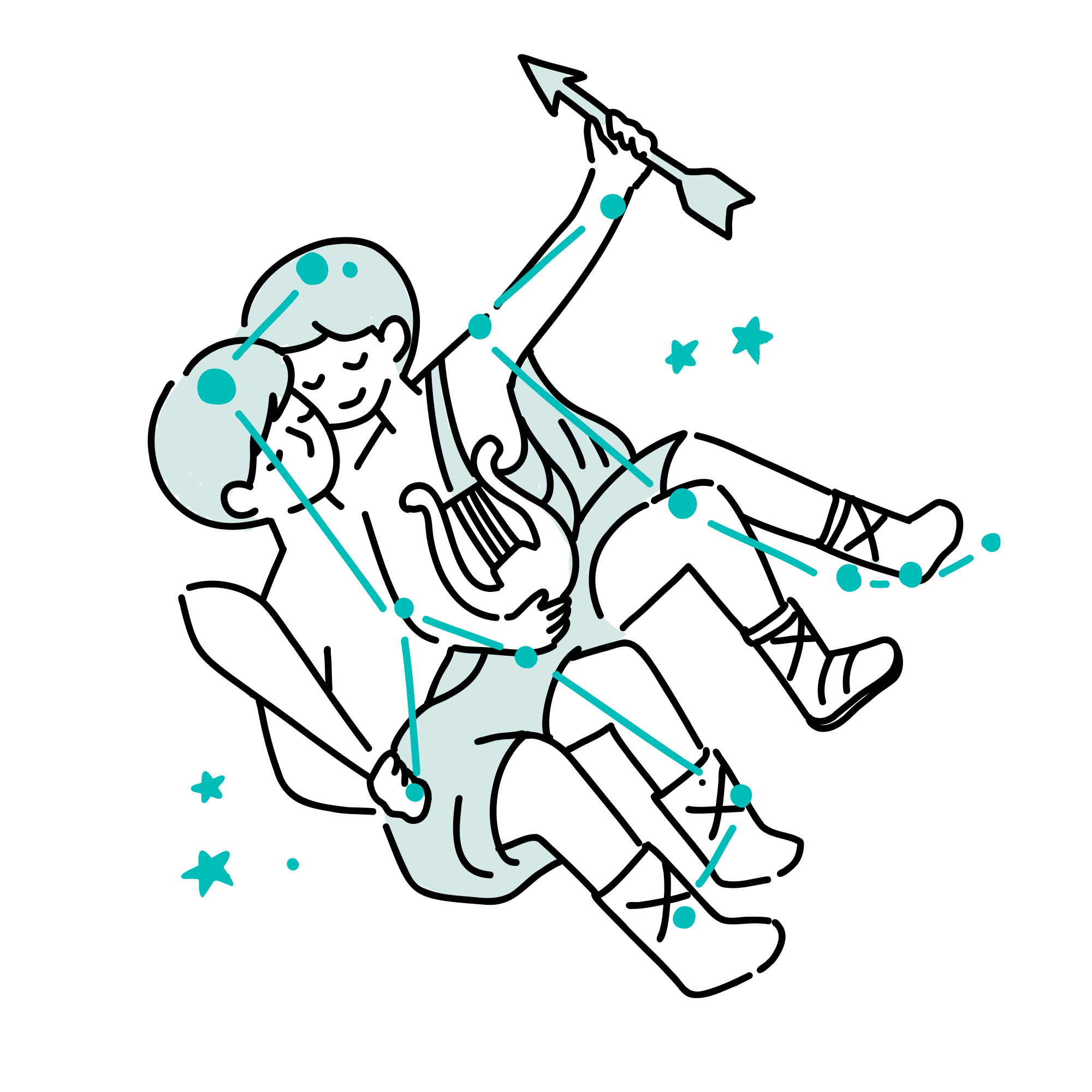
双児 sōji: "twins", although not a common word.
双子 futago: "twins", most common word.
Cancer (巨蟹宮 kyokaikyū; 蟹座 kaniza)

巨蟹 kyokai: "giant crab".
蟹 kani: "crab".
Leo (獅子宮 shishikyū; 獅子座 shishiza)

獅子 shishi: "lion".
Virgo (処女宮 shojokyū; 乙女座 otomeza)
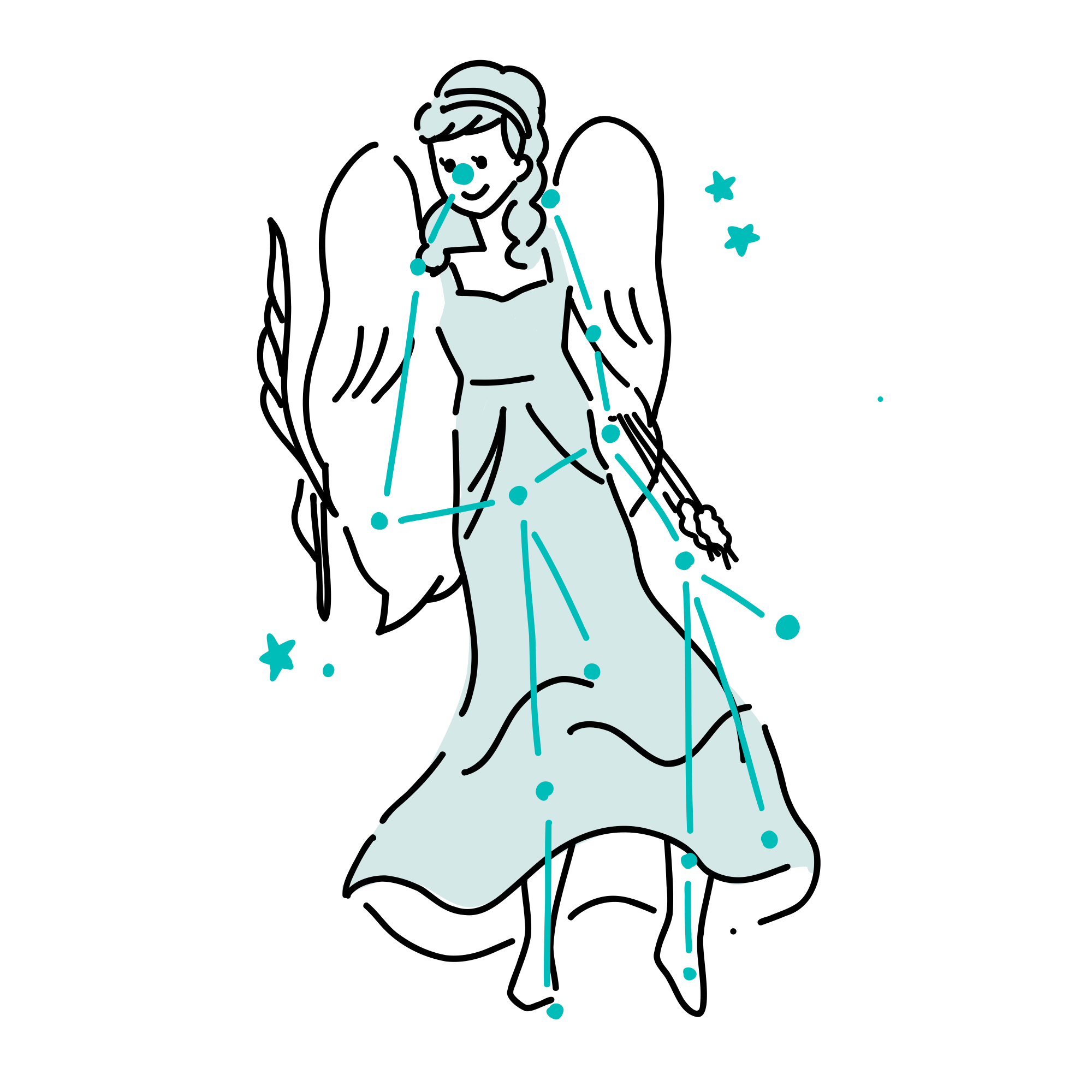
処女 shojo: "female virgin".
乙女 otome: "maid".
Libra (天秤宮 tenbinkyū; 天秤座 tenbinza)

天秤 tenbin: "balance scales".
Scorpio (天蠍宮 tenkatsukyū; 蠍座 sasoriza)
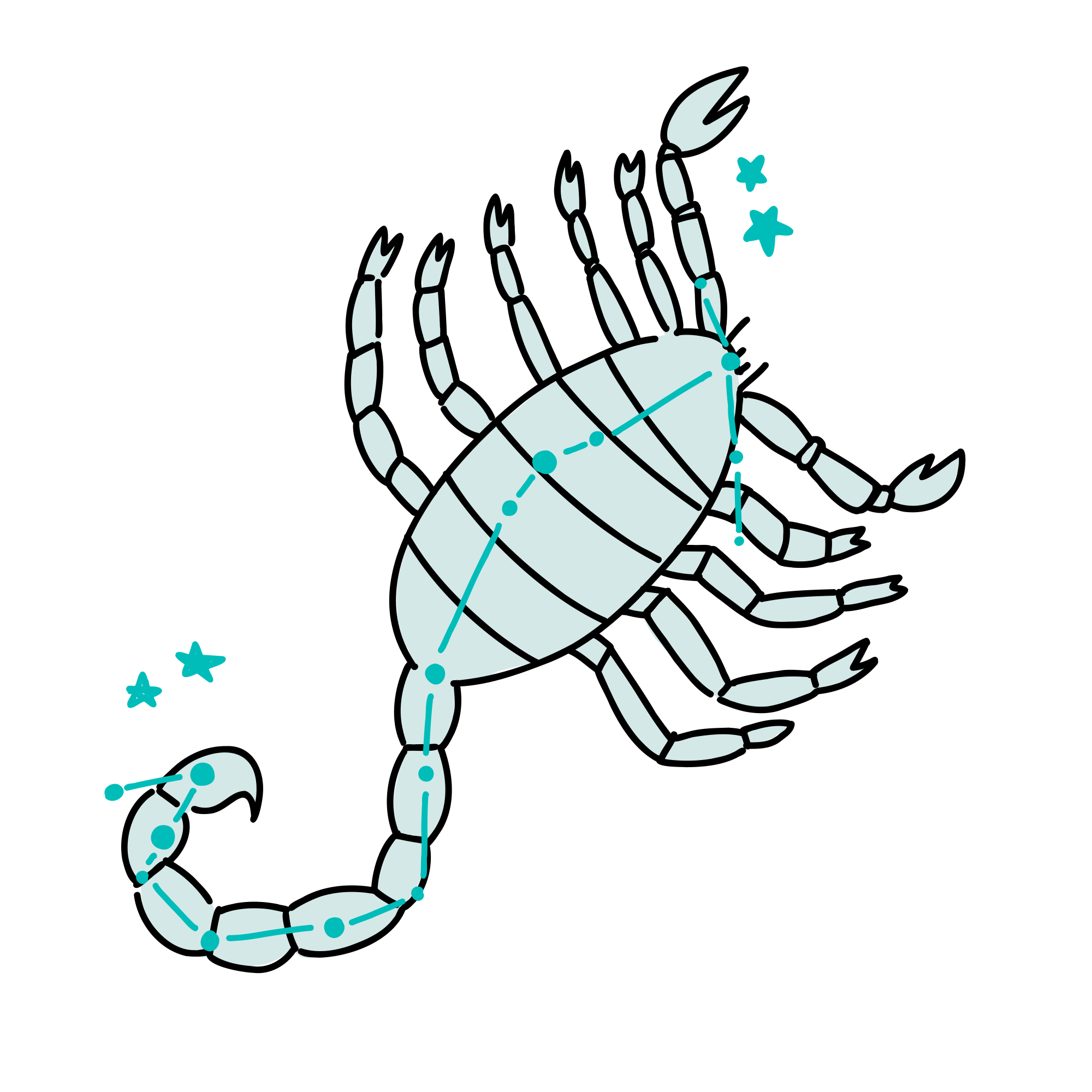
天蠍 tenkatsu: "heavenly scorpion".
蠍 sasori: "scorpion".
Sagittarius (人馬宮 jinbakyū; 射手座 iteza)
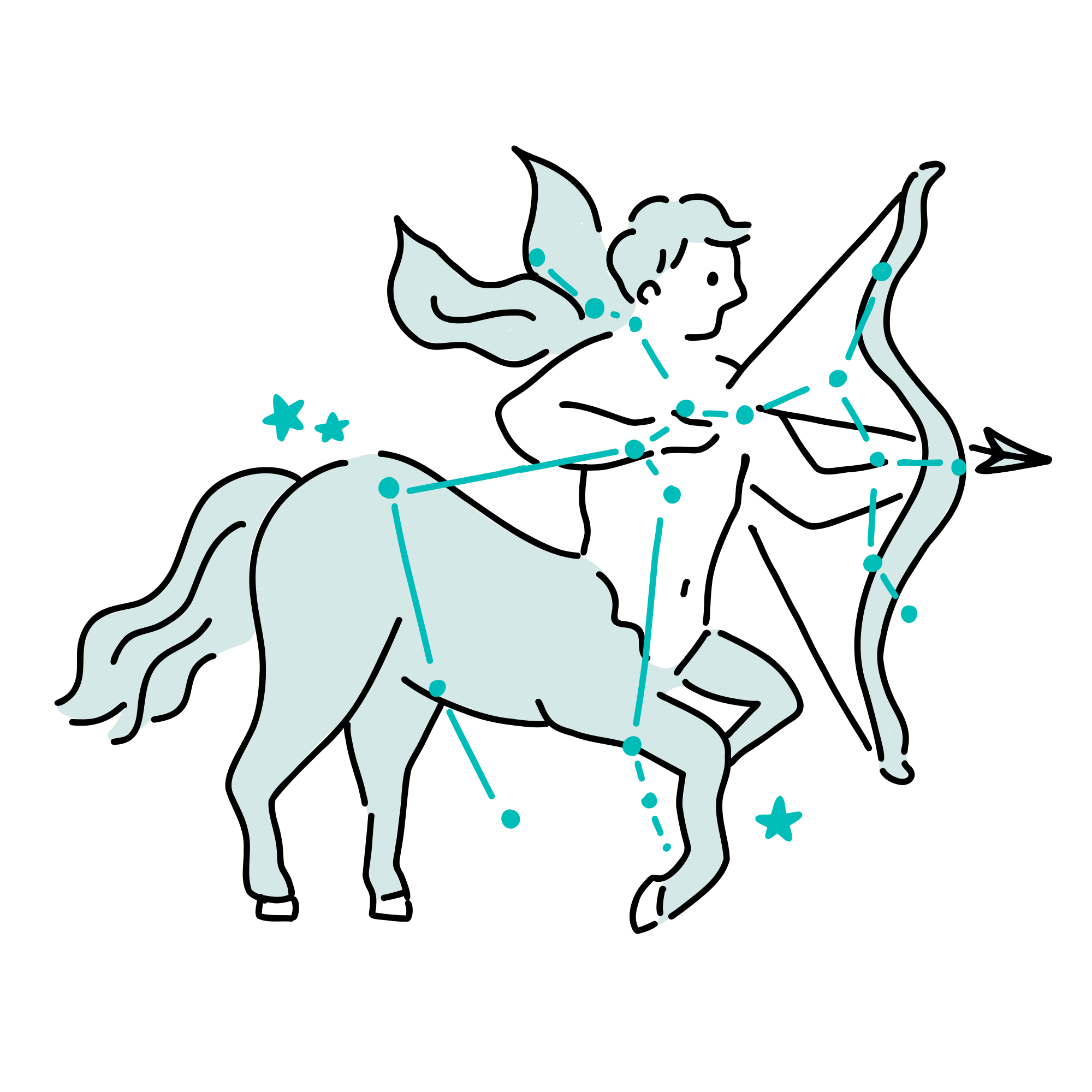
人馬 jinba: "centaur".
射手 ite: "archer".
Capricorn (磨羯宮 makatsukyū; 山羊座 yagiza)
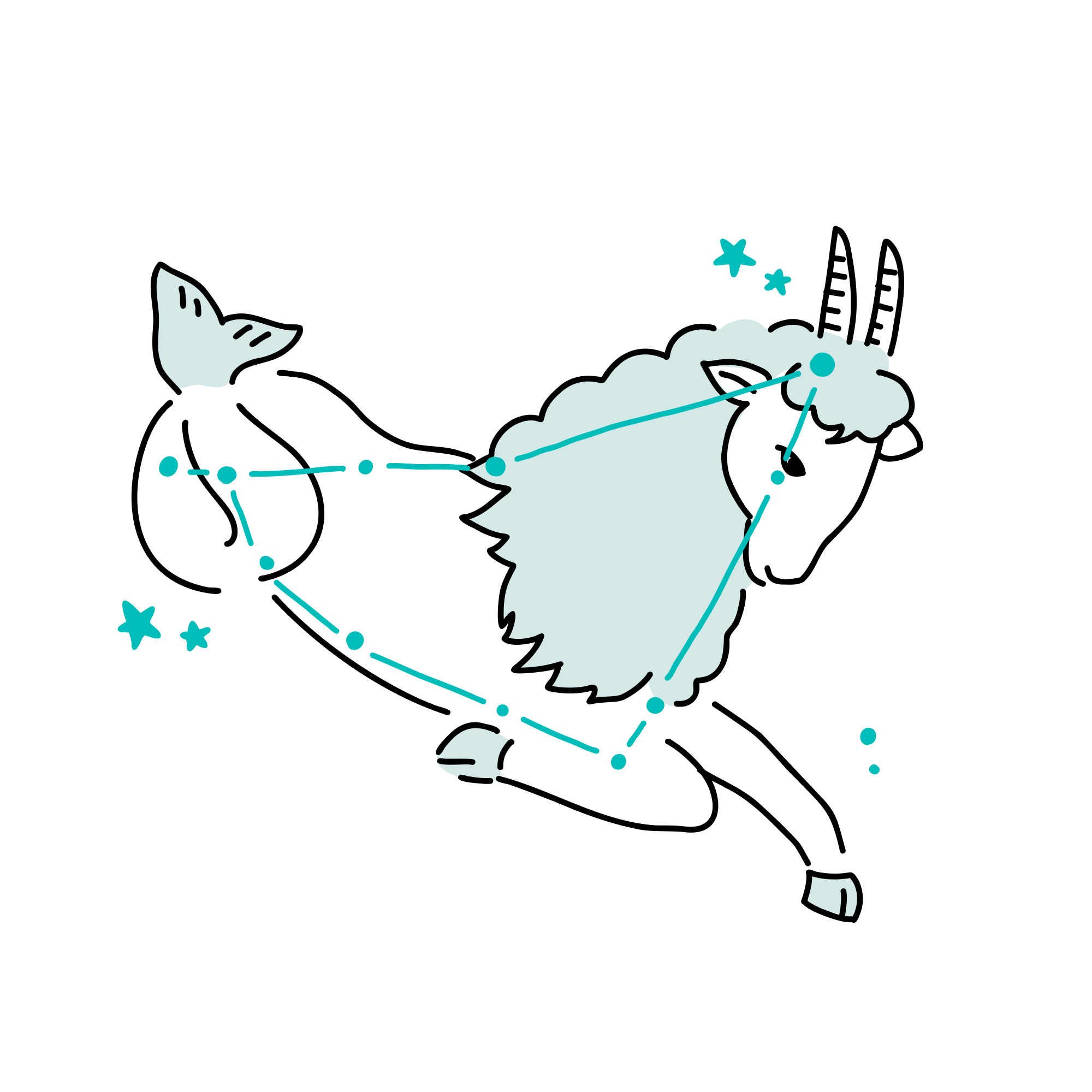
磨羯 makatsu: Japanese name for a sea monster called Makara from Hindu mythology.
山羊 yagi: "goat".
Aquarius (宝瓶宮 hōheikyū; 水瓶座 mizugameza)

水瓶 mizugame: "water jug".
宝瓶 hōhei: vase. It also can be read as hōbyō or hōhin. Hōbyō is used to describe a vase used in an esoteric Buddhist baptism and hōhin for a Japanese handless tea pot.
Pisces (双魚宮 sōgyokyū; 魚座 uoza)
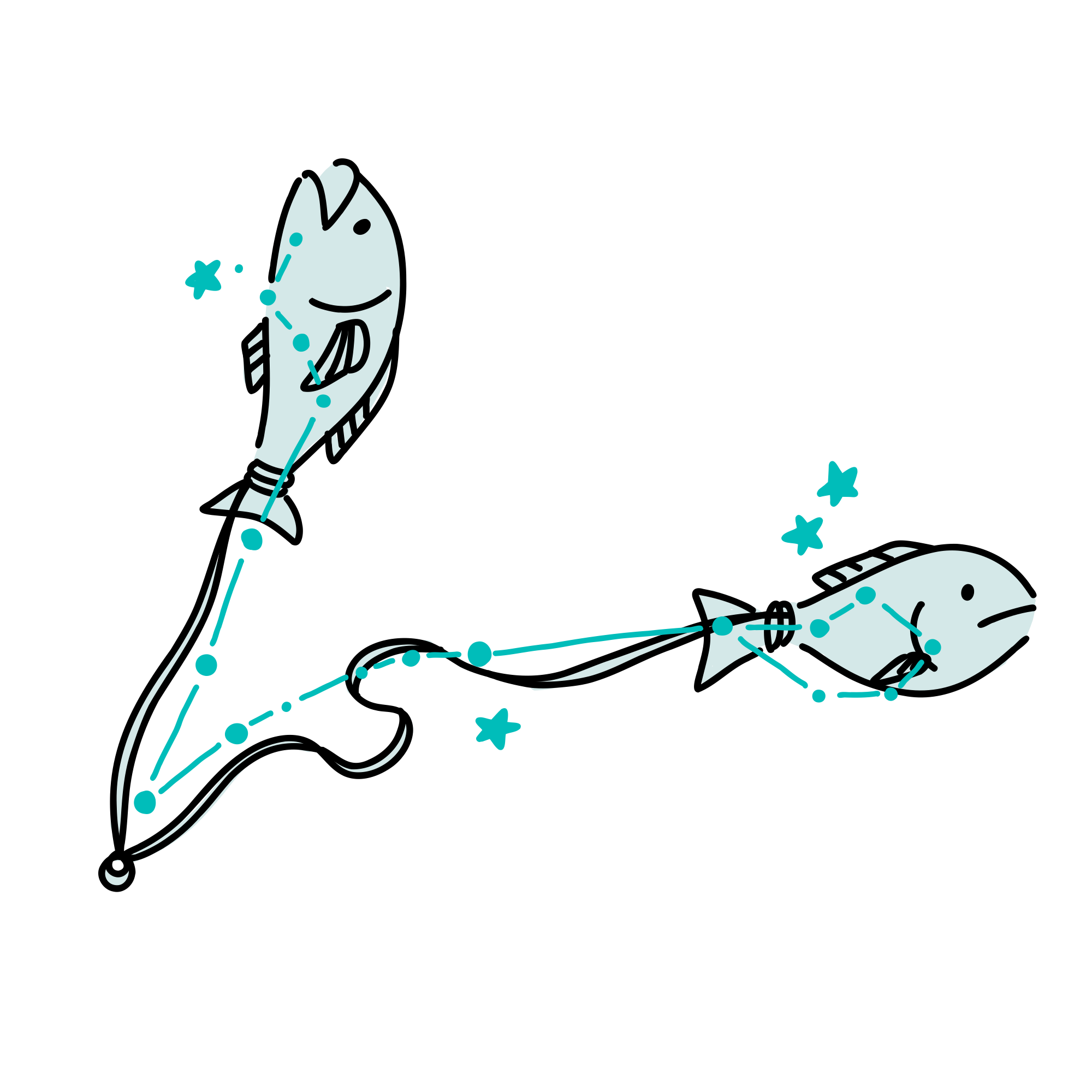
双魚 sōgyo: "twin fishes".
魚 uo: "fish" (commonly said sakana)
Talking About Zodiac Elements in Japanese
In Japanese astrology, which is based on the Chinese zodiac system, five elements are considered: Wood, Fire, Earth, Metal, and Water. These elements, known as "Gogyō" (五行) in Japanese, are fundamental to understanding the nature and characteristics of each zodiac sign.
Here's how they correspond to the zodiac animals:
- 木 (Ki/Moku - Wood): Tiger, Rabbit
- 火 (Hi/Ka - Fire): Snake, Horse
- 土 (Tsuchi/Do - Earth): Ox, Dragon, Sheep, Dog
- 金 (Kane/Kin - Metal): Monkey, Rooster
- 水 (Mizu/Sui - Water): Rat, Pig
When discussing zodiac elements in Japanese, it's helpful to have some key phrases and sentence structures. Here are some templates you can use to navigate conversations about astrological elements in Japanese:
| Japanese Template | English Translation |
|---|---|
| 私の干支は___で、___の要素です。 | My zodiac sign is ___ and it's a ___ element. |
| ___の要素を持つ干支は___な性格だと言われています。 | Zodiac signs with the ___ element are said to have a ___ personality. |
| ___年生まれの私は、___の特徴があります。 | Born in the year of ___, I have characteristics of the ___ element. |
| あなたの干支は___の要素ですか? | Is your zodiac sign a ___ element? |
| ___の要素は___、___、___と関連しています。 | The ___ element is associated with ___, ___, and ___. |
Describing Zodiac Traits in Japanese
Each zodiac sign in the Japanese system is associated with unique characteristics. Being able to express these in Japanese will allow you to discuss personality traits linked to different signs.
Let's explore some common adjectives used in Japanese astrology and learn how to construct basic sentences about zodiac traits.
| Japanese | English | Example Sign |
|---|---|---|
| 賢い (kashikoi) | Clever | Rat (ねずみ) |
| 勤勉な (kinben'na) | Diligent | Ox (牛) |
| 勇敢な (yūkan'na) | Brave | Tiger (虎) |
| 優しい (yasashii) | Gentle | Rabbit (兎) |
| 強い (tsuyoi) | Strong | Dragon (龍) |
| 賢明な (kenmei'na) | Wise | Snake (蛇) |
| 活発な (kappatsuna) | Lively | Horse (馬) |
| 創造的な (sōzō-tekina) | Creative | Sheep (羊) |
| 機知に富んだ (kichi ni tonda) | Witty | Monkey (猿) |
| 誇り高い (hokori takai) | Proud | Rooster (鶏) |
| 忠実な (chūjitsuna) | Loyal | Dog (犬) |
| 正直な (shōjikina) | Honest | Boar (猪) |
To describe zodiac traits in Japanese, you can use this basic sentence structure:
[Zodiac sign]年生まれの人は[adjective]です。([Zodiac sign] doshi umare no hito wa [adjective] desu.) = People born in the Year of the [Zodiac sign] are [adjective].
You can also use this structure to describe an individual:
[Zodiac sign]年生まれの私は[adjective]です。([Zodiac sign] doshi umare no watashi wa [adjective] desu.) = As someone born in the Year of the [Zodiac sign], I am [adjective].
Remember, these traits are generalizations and not everyone of a particular sign will exhibit all these characteristics.


Japanese Words and Phrases to Discuss Horoscopes
Whether you're a beginner or looking to expand your astrological lexicon in Japanese, these Japanese words and phrases will help you navigate celestial discussions with confidence.
Basic Terms
| Japanese | English |
|---|---|
| 星占い (hoshiuranai) | Horoscope |
| 予言 (yogen) | Prediction |
| 運命 (unmei) | Destiny |
| 未来 (mirai) | Future |
| 運 (un) | Luck |
Common Phrases
When discussing horoscopes, these common Japanese phrases will help you ask questions and share insights:
| Japanese | English |
|---|---|
| あなたの星座は何ですか? (Anata no seiza wa nan desu ka?) | What's your zodiac sign? |
| 今日の星占いは何と言っていますか? (Kyō no hoshiuranai wa nan to itte imasu ka?) | What does your horoscope say today? |
| 私の星占いによると... (Watashi no hoshiuranai ni yoru to...) | According to my horoscope... |
| 星が示すところでは... (Hoshi ga shimesu tokoro de wa...) | The stars indicate that... |
Astrological Events
Astrology often revolves around celestial events. Here are some key terms to describe these phenomena:
| Japanese | English |
|---|---|
| 満月 (mangetsu) | Full moon |
| 新月 (shingetsu) | New moon |
| 日食 (nisshoku) | Solar eclipse |
| 月食 (gesshoku) | Lunar eclipse |
| 水星逆行 (suisei gyakkō) | Mercury retrograde |
Horoscope Predictions
Horoscopes often make predictions about various aspects of life. Use these terms to discuss potential outcomes:
| Japanese | English |
|---|---|
| 幸運 (kōun) | Good fortune |
| 不運 (fuun) | Bad luck streak |
| チャンス (chansu) | Opportunity |
| 挑戦 (chōsen) | Challenge |
| 変化 (henka) | Change |
Zodiac Compatibility
Compatibility between zodiac signs is a popular topic. Here's vocabulary to discuss astrological relationships:
| Japanese | English |
|---|---|
| 相性のいい星座 (aisei no ii seiza) | Compatible signs |
| 運命の人 (unmei no hito) | Soulmate |
| 引き寄せ合う (hikiyoseau) | Attraction |
| 衝突 (shōtotsu) | Conflict |
Useful Verbs
When interpreting horoscopes, these verbs will help you describe astrological actions and influences:
| Japanese | English |
|---|---|
| 予言する (yogen suru) | To predict |
| 影響を与える (eikyō wo ataeru) | To influence |
| 整列する (seiretsu suru) | To align |
| 解釈する (kaishaku suru) | To interpret |
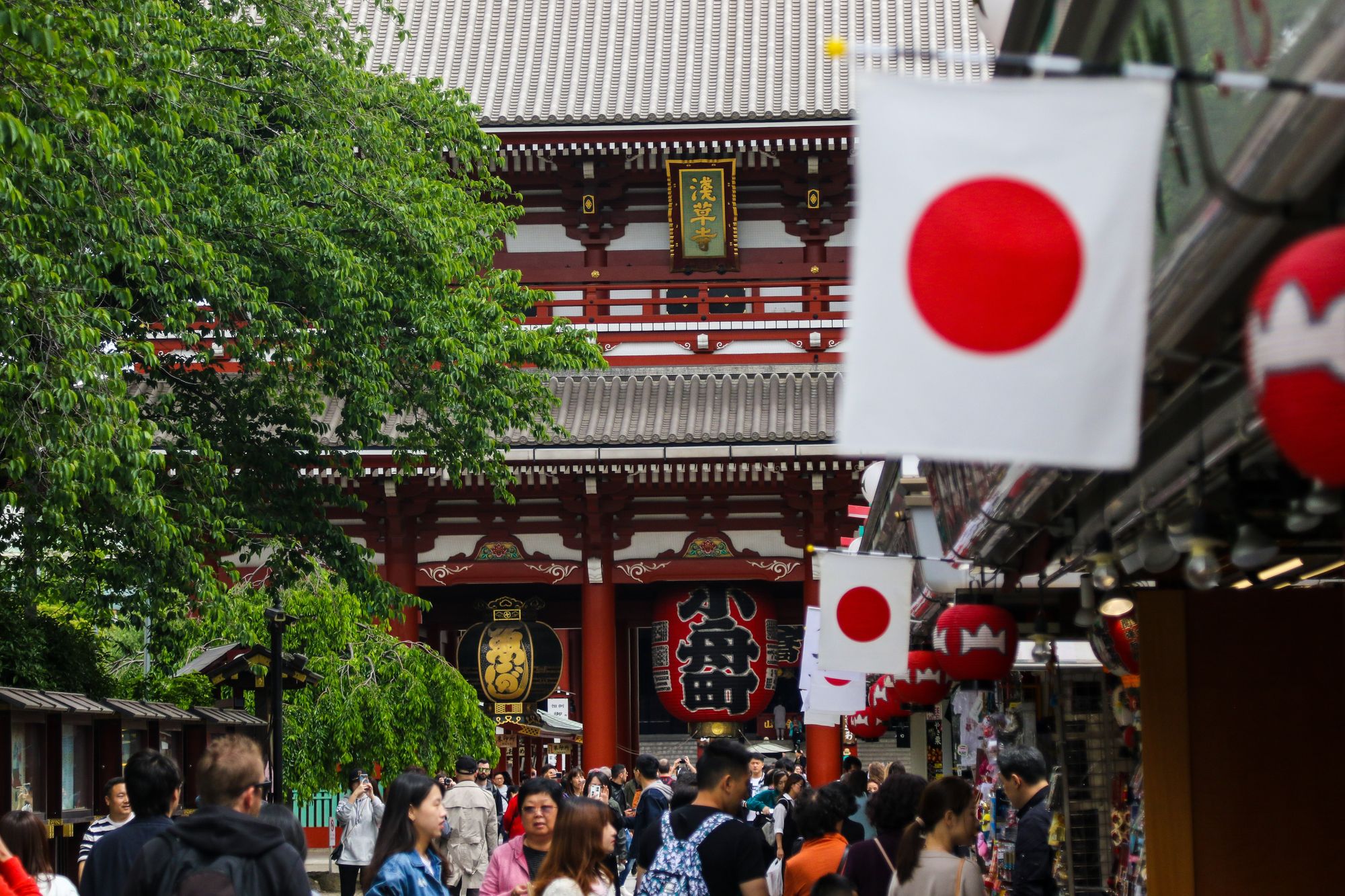
How To Talk About Japanese Zodiac
Ready to talk about this topic? If yes, then be sure to try out these useful phrases to help you talk about the Japanese zodiac:
| Japanese Phrase | English Translation | Usage |
|---|---|---|
| あなたの干支は何ですか? (Anata no eto wa nan desu ka?) | What's your zodiac sign? | Asking someone's zodiac sign |
| 私は〇〇年生まれです。(Watashi wa 〇〇 doshi umare desu.) | I was born in the year of 〇〇. | Stating your own zodiac sign |
| 今年は〇〇年です。(Kotoshi wa 〇〇 doshi desu.) | This year is the year of 〇〇. | Discussing the current year's zodiac |
| 〇〇年生まれの人は〇〇だと言われています。(〇〇 doshi umare no hito wa 〇〇 da to iwarete imasu.) | People born in the year of 〇〇 are said to be 〇〇. | Describing zodiac traits |
| あなたの干支の相性は? (Anata no eto no aisei wa?) | What's your zodiac compatibility? | Asking about zodiac compatibility |
| 来年の運勢はどうですか? (Rainen no unsei wa dō desu ka?) | How's your fortune for next year? | Discussing future predictions |
| 干支占いによると... (Eto uranai ni yoru to...) | According to the zodiac fortune-telling... | Introducing a zodiac-based prediction |

Japanese Blood Type Personalities
In Japan, blood types (血液型 - けつえきがた - ketsuekigata) are often considered personality indicators, similar to zodiac signs in Western cultures. While not scientifically proven, this belief is deeply ingrained in Japanese popular culture and often comes up in social interactions.
Here's a breakdown of the blood types and their associated personality traits:
| Blood Type | Japanese | Pronunciation | Common Personality Traits |
|---|---|---|---|
| Type A | A型 | えーがた (ē-gata) | 勤勉な (kinben'na - diligent), 几帳面な (kichōmen'na - organized), 繊細な (sensaina - sensitive) |
| Type B | B型 | びーがた (bī-gata) | 創造的な (sōzō-tekina - creative), 情熱的な (jōnetsu-tekina - passionate), 我儘な (wagamama na - selfish) |
| Type O | O型 | おーがた (ō-gata) | 自信がある (jishin ga aru - confident), 社交的な (shakō-tekina - outgoing), 寛大な (kandaina - generous) |
| Type AB | AB型 | えーびーがた (ē-bī-gata) | 適応力がある (tekiō-ryoku ga aru - adaptable), 合理的な (gōri-tekina - practical), 優柔不断な (yūjūfudan'na - indecisive) |
Learn Japanese With Lingopie
Wow! You've just taken your first steps into the fascinating world of Japanese astrology. But let's face it - memorizing these terms is just the beginning. To truly bring your cosmic Japanese vocabulary to life, you need to hear it in action.
That's where Lingopie's features can help you out!
Imagine watching a Japanese New Year's special where families discuss their zodiac fortunes or a Japanese show from Netflix where the leads debate their blood type compatibility. With Lingopie, these scenarios become your language classroom.
Lingopie offers:
- Authentic Japanese content where astrological terms naturally pop up
- Interactive subtitles to help you catch every celestial reference
- A variety of shows to suit your taste, from traditional to modern
- The flexibility to learn at your own pace
And the best part? Lingopie has several pieces of content related to horoscopes and more! In fact, we even have a show about warriors with golden armors that represent a zodiacal sign and fight for Greek goddess Athena? It's called Saint Seiya: The Lost Canvas - and you can watch it at Lingopie today!
Ready to take your Japanese skills to the stars? Give Lingopie a try now!
FAQ
Are Chinese and Japanese zodiacs the same?
For the most part, they're the almost the same, but in fact Chinese and Japanese zodiacs have their differences. One difference is the animals that represent the signs. In the Japanese zodiac, the 12th place is represented by the wild boar, while in the Chinese zodiac it's the pig. The 8th animal sign is taken by the sheep in the Japanese zodiac, but in the Chinese one is taken by the goat.
Another big difference is the calendar they're based on. The Chinese zodiac is based on the lunar calendar and the New Year is celebrated in late January, whereas the Japanese zodiac is based on the Gregorian solar calendar and the New Year is celebrated on the same day as the Western world. However, the lunar calendar was once used by the Japanese many many years ago.
Are Zodiac signs in Kanji?
As we saw in this article, zodiac signs are written in Kanji, but in Hiragana and Katakana too. Japanese zodiac signs have alternative names that are written in Katakana to distinguish them from common animals. For instance, ネズミ nezumi is the name given for the zodiacal rat and ねずみ/鼠 nezumi for the common rat. However, the dragon is the only animal that has a different name. タツ/辰 tatsu is used to refer to the zodiacal dragon and 竜/龍 ryū is used for the mythological dragon.
How do I find my Japanese zodiac sign?
Chinese and Japanese zodiacal signs are determined by the year a person was born. Each year is assigned to a different animal and the people who are born that year will have that animal as their zodiacal sign. For example, I was born in 1988 and my zodiacal sign is Dragon. This year, 2024, is the year of the Dragon. 2000 and 2012 were years of the Dragon too. It's easy. Just look at the year you were born and then look at a zodiacal sign's assigned years.
What is the Japanese zodiac called?
The Japanese zodiac has at least two names in Japanese: 干支 eto and 十二支 jūnishi. They're both used for the Chinese zodiac as well. There are other names too, but they're used for "zodiac" in general, so they can be used for the zodiac we use in this part of the globe. Here's a list:
- 十二宮 jūnikyū
- 黄道帯 kōdōtai
- 獣帯 jūtai
Does Japan celebrate Japanese zodiac?
Yes. There are many celebrations in New Year featuring zodiacal animals. Let's see two examples. If you have a Japanese friend, he or she may send you a New Year postcard or 年賀状 nengajō with an image of the zodiacal animal featured that new year. Another celebration is 初詣 hatsumōde, the first shrine visit of the year. Shrines in Japan are open all night on New Year's eve and people go to visit and pray. That's when shrines are decorated with 絵馬 ema, a kind of wooden plaques that have the zodiacal animal of the new year on them.


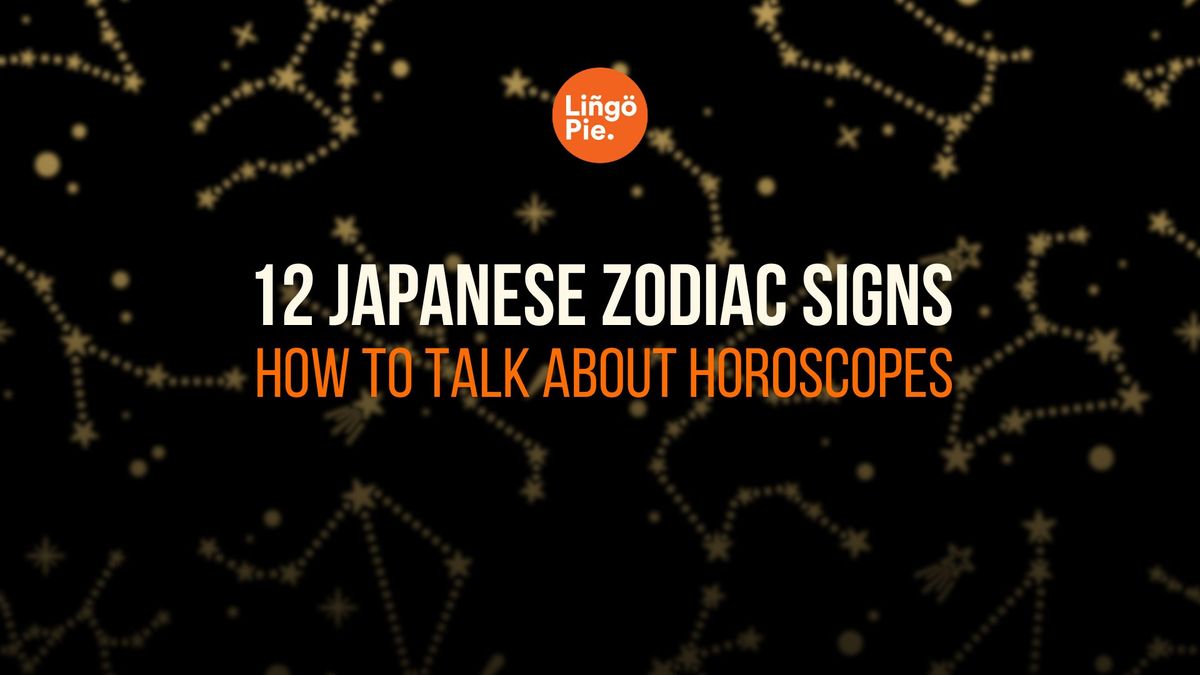



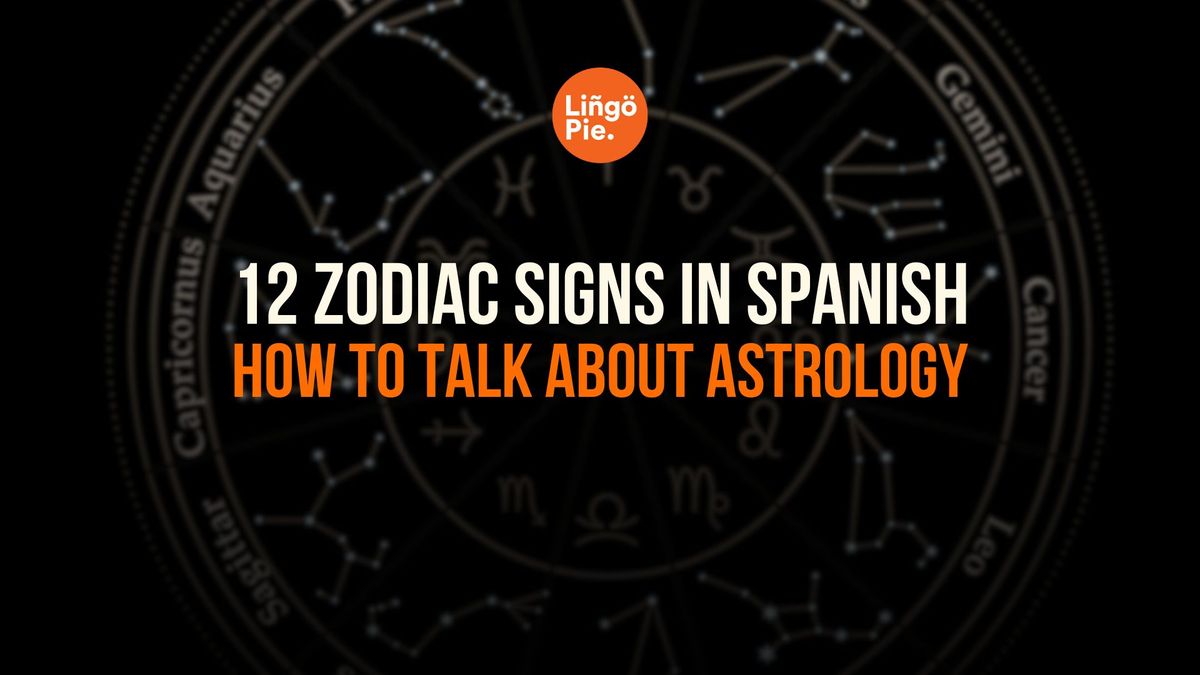
![How To Use Mo (も) Particle In Japanese Grammar [Guide]](/blog/content/images/size/w300/2025/06/How-To-Use-Mo-----Particle-In-Japanese-Grammar.jpg)

